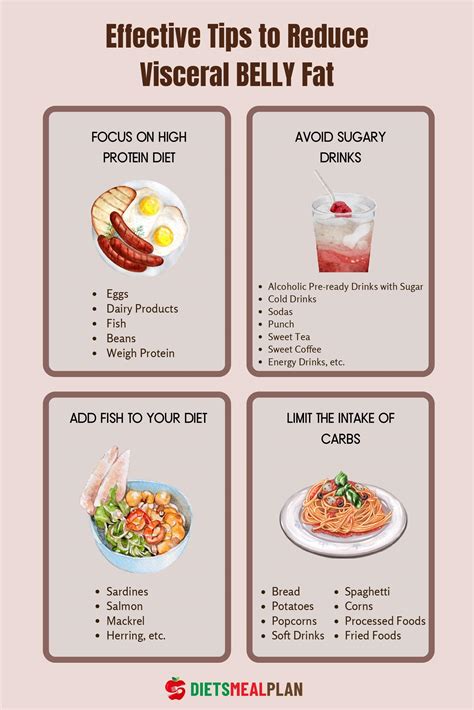How to Decrease Visceral Fat: A Comprehensive Guide
Visceral fat, the dangerous fat stored deep within your abdominal cavity, poses significant health risks. Unlike subcutaneous fat (the fat you can pinch), visceral fat is linked to heart disease, type 2 diabetes, and certain cancers. But the good news is, you can decrease it. This comprehensive guide outlines effective strategies for tackling visceral fat and improving your overall health.
Understanding Visceral Fat
Before diving into solutions, let's understand what visceral fat is and why it's so harmful. This deep abdominal fat surrounds your vital organs, releasing inflammatory substances that contribute to various health problems. Unlike subcutaneous fat, which is primarily a storage depot, visceral fat is metabolically active, meaning it actively influences your body's processes.
Why is Visceral Fat Dangerous?
- Increased Inflammation: Visceral fat releases inflammatory substances that damage blood vessels and contribute to chronic diseases.
- Insulin Resistance: It impairs your body's ability to use insulin effectively, leading to type 2 diabetes.
- Heart Disease Risk: It increases the risk of heart disease by raising blood pressure and cholesterol levels.
- Liver Problems: It can lead to non-alcoholic fatty liver disease (NAFLD).
Effective Strategies to Reduce Visceral Fat
Reducing visceral fat requires a holistic approach focusing on lifestyle changes. There's no magic bullet, but consistent effort yields significant results.
1. Prioritize a Balanced Diet
What to Eat:
- Lean Protein: Incorporate sources like chicken breast, fish, beans, and lentils. Protein helps you feel full and boosts metabolism.
- Fruits and Vegetables: These are packed with fiber and essential nutrients, promoting satiety and reducing cravings.
- Whole Grains: Opt for whole grains like brown rice, quinoa, and oats over refined grains.
- Healthy Fats: Include sources like avocados, nuts, and olive oil. These fats are crucial for various bodily functions.
What to Avoid:
- Processed Foods: Limit intake of packaged snacks, fast food, and sugary drinks. These are often high in unhealthy fats, sugar, and calories.
- Sugary Drinks: Soda, juice, and sweetened beverages contribute significantly to visceral fat accumulation.
- Excessive Alcohol Consumption: Alcohol is high in calories and can promote fat storage.
2. Regular Exercise is Key
Cardiovascular Exercise: Aim for at least 150 minutes of moderate-intensity cardio per week. Activities like brisk walking, jogging, swimming, or cycling are excellent choices.
Strength Training: Incorporate strength training exercises at least twice a week. Building muscle mass boosts your metabolism and helps burn more calories at rest.
3. Manage Stress Levels
Chronic stress elevates cortisol levels, a hormone linked to increased belly fat. Practice stress-reducing techniques like:
- Yoga
- Meditation
- Deep Breathing Exercises
- Spending Time in Nature
4. Prioritize Sleep
Aim for 7-9 hours of quality sleep each night. Lack of sleep disrupts hormones that regulate appetite and metabolism, potentially leading to increased visceral fat.
5. Consider Professional Guidance
If you're struggling to lose visceral fat, consulting a doctor or registered dietitian can provide personalized guidance and support. They can help create a tailored plan based on your individual needs and health status.
Conclusion: A Sustainable Lifestyle Change
Decreasing visceral fat isn't a quick fix; it's a journey towards a healthier lifestyle. By incorporating these strategies consistently, you'll not only reduce visceral fat but also improve your overall well-being and significantly lower your risk of chronic diseases. Remember to be patient and celebrate your progress along the way! This holistic approach, combining diet, exercise, stress management, and sufficient sleep, forms the cornerstone of successfully decreasing visceral fat and enjoying a healthier, longer life.
